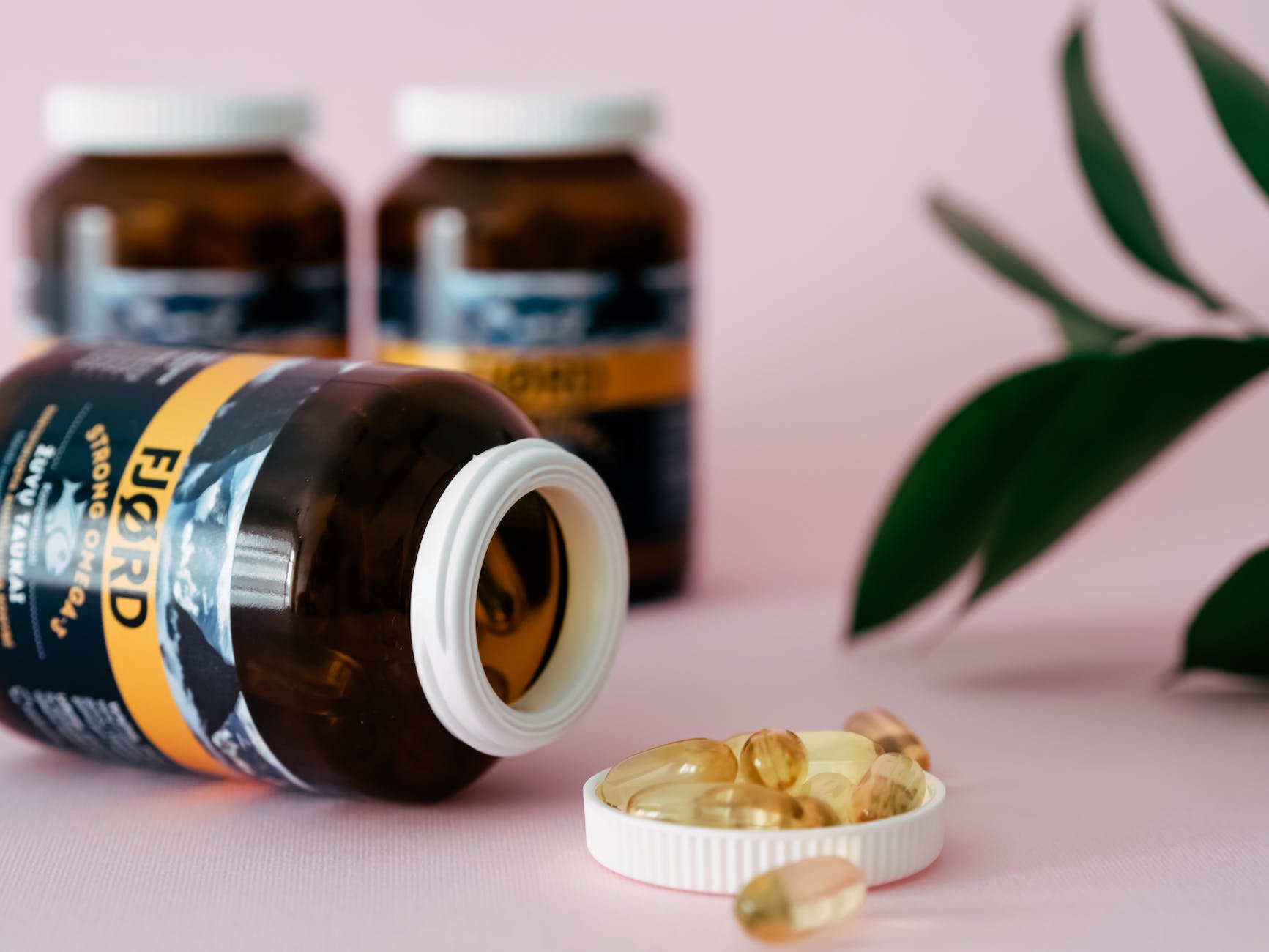
Introduction: Collagen, a key protein for skin, hair, and joint health, has become a popular supplement. However, its rising use brings a need to thoroughly understand its side effects. This detailed guide delves into what you should know about collagen’s impact on various aspects of health.
Understanding Collagen’s Side Effects: While collagen boasts numerous health benefits, it’s crucial to consider possible adverse reactions:
- Digestive Issues: Common complaints include bloating, heartburn, and an upset stomach. These can occur when the body reacts to the sudden increase in protein intake.
- Skin Reactions: Some individuals report rashes, itching, or increased breakouts, particularly when starting a new supplement.
- Allergic Reactions: Especially prevalent with marine collagen, which is derived from fish and shellfish, and can trigger seafood allergies.
- Liver and Kidney Concerns: In rare cases, excessive collagen intake might stress the liver or contribute to kidney stone formation, particularly in those with pre-existing conditions.
Marine vs. Bovine Collagen: Differing Effects: The source of collagen plays a role in its side effects:
- Marine Collagen: Often praised for its skin-enhancing properties, but it can trigger allergic reactions in those sensitive to seafood. There are also concerns about heavy metal contamination in low-quality sources.
- Bovine Collagen: Commonly used for bone and joint health, but some users report digestive issues. It’s important to ensure the source is free from mad cow disease.
The Impact of Collagen Form: How you take collagen can influence its side effects:
- Powders: These can lead to gastrointestinal discomfort if not properly mixed or if consumed in large quantities. Concerns about kidney effects stem from the high protein content and possible calcium overload.
- Tablets and Capsules: Generally easier to digest, but some brands include fillers or additives that can cause side effects.
- Liquid Collagen: Offers convenience and easy absorption, but be wary of added sugars, preservatives, or flavors that might not suit everyone.
Organ-Specific Effects: Delving deeper into organ-specific concerns:
- Liver: Overconsumption of collagen, especially if sourced from lower-quality materials, can raise liver enzyme levels, indicating liver stress.
- Kidneys: People with a history of kidney stones should be cautious. Collagen, particularly in powder form, can increase calcium levels in the urine, a risk factor for stones.
Impact on Skin and Hair: Exploring the dual nature of collagen’s effects on beauty:
- Skin: Generally promotes skin elasticity and hydration, but can lead to breakouts or rashes in sensitive individuals or if the product is of low quality.
- Hair: Supports hair growth and strength, but excessive use might cause scalp irritation or disrupt natural hair protein balance.
FAQ Section: Addressing deeper questions:
Q1: What Are the Long-term Side Effects of Taking Collagen Supplements? Answer: Long-term use of collagen supplements is generally considered safe. However, there’s limited research on the effects of prolonged use. Potential long-term side effects might include imbalances in amino acid levels and possible impacts on liver and kidney function. It’s always recommended to consult with a healthcare provider for personalized advice.
Q2: Can Daily Collagen Supplement Intake Cause Cumulative Side Effects? Answer: Daily intake of collagen supplements is typically safe when taken within recommended guidelines. Exceeding these recommendations might lead to issues such as digestive discomfort or elevated calcium levels. It’s important to follow dosage instructions and monitor your body’s response.
Q3: Why Do Side Effects of Collagen Vary Among Individuals? Answer: Individual differences in metabolism, existing health conditions, allergies, and even genetic factors can influence how one reacts to collagen supplements. For instance, those with a history of kidney stones or allergies to fish should be particularly cautious with certain types of collagen.
Q4: Are There Specific Side Effects Associated with Marine Collagen? Answer: Marine collagen, sourced from fish, can cause allergic reactions in individuals with seafood allergies. Additionally, there are concerns about potential contamination with heavy metals, so choosing high-quality, tested products is crucial.
Q5: Can Collagen Supplements Affect Liver or Kidney Health? Answer: There’s limited evidence suggesting that collagen supplements can directly affect liver or kidney health in healthy individuals. However, those with pre-existing liver or kidney conditions should consult their doctor before taking collagen supplements.
Q6: Is There a Risk of Developing Allergies from Collagen Supplements? Answer: Allergic reactions to collagen supplements are possible, especially with marine collagen. Symptoms can include skin rashes, itching, or gastrointestinal discomfort. It’s important to stop using the product and seek medical advice if you suspect an allergic reaction.
Q7: How Can I Choose a Safe and Effective Collagen Supplement? Answer: Look for collagen supplements that are third-party tested for purity and quality. Check the source of the collagen and ensure there are no harmful additives or allergens. Reading reviews and researching brands can also help in making an informed choice.
Conclusion: Collagen supplements offer significant benefits, but it’s crucial to approach their use with a well-informed perspective. Always consider your health history, consult with healthcare professionals, and choose high-quality products.
Invitation for Discussion: We’d love to hear about your experiences with collagen supplements. Have you faced any side effects? What brands have worked best for you? Share your thoughts and questions in the comments below!











